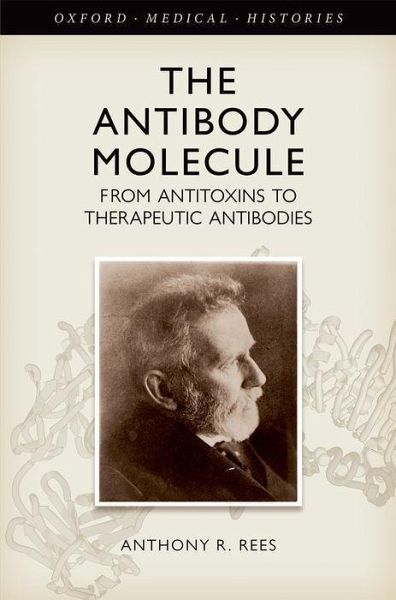Nicht lieferbar

ANTIBODY MOLECULE OMH
NCS C
Versandkostenfrei!
Nicht lieferbar
'The Antibody Molecule' is a beautifully illustrated review of the remarkable developments within immunology from the discovery of the antibody molecule to its exploitation in medicine and the scientists and pioneers who were involved. This engaging and authoritative history will appeal to a wide audience.












